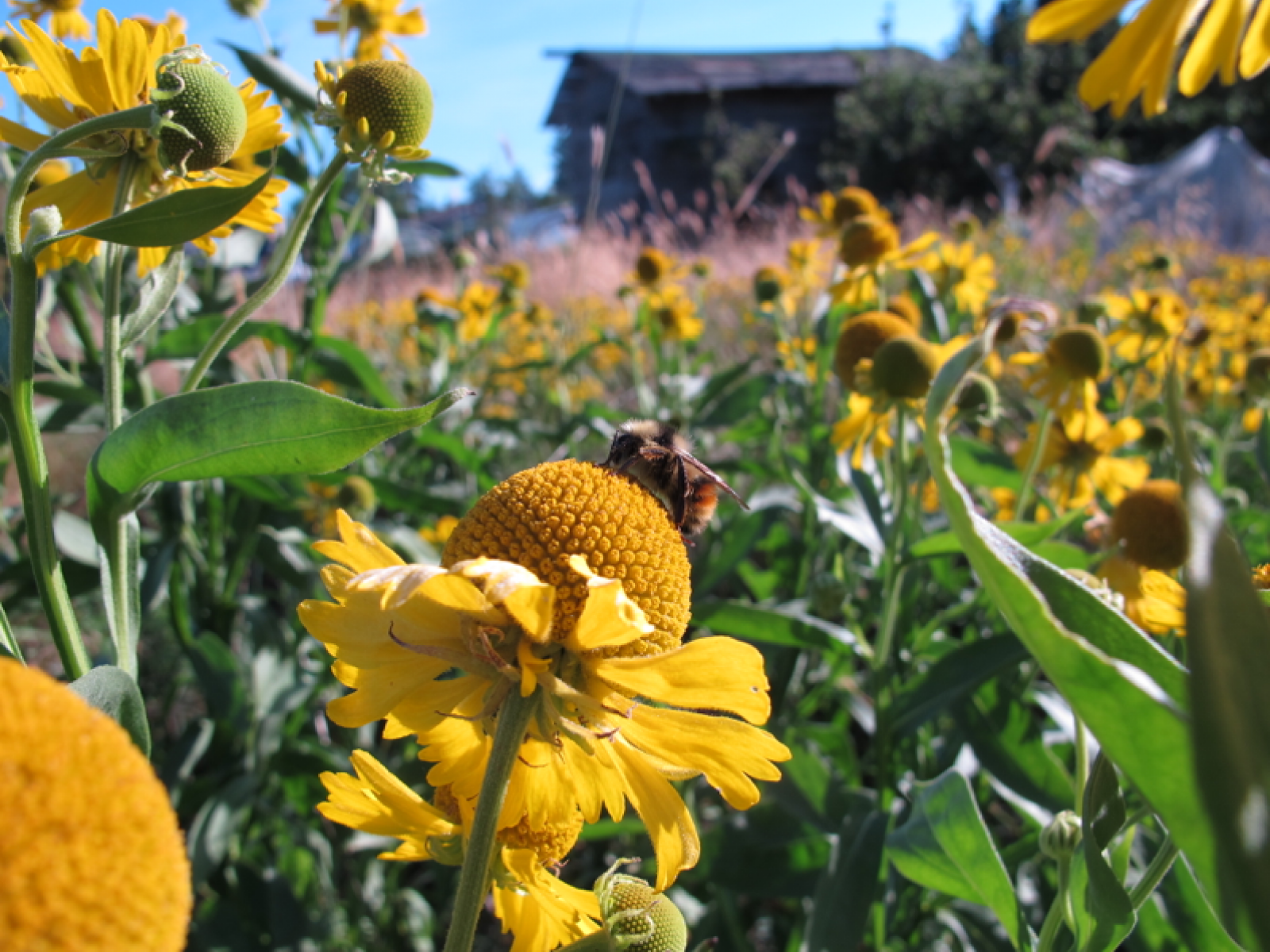An Overview Of Our Solution
- Population Impacted:
- Continent: North America
Organization type
Population impacted
Size of agricultural area
Production quantity
People employed
Describe your solution
Describe your implementation
External connections
What is the environmental or ecological challenge you are targeting with your solution?
Describe the context in which you are operating
Land for food production is rare in BC, only 5% of the total land base is suitable; only 1% is prime agricultural land. The best farmland is near densely populated urban areas, subject to significant competition for other uses. Until 1973, up to 6,000 ha of BC farmland was lost annually to development. In 1973, most agricultural land became protected under BC's Agricultural Land Reserve (ALR) policy.
Land use pressure continues for farmland in BC - in 2001, the Capital Regional District (Victoria and adjacent suburbs) planned to sell Haliburton Farm, legally removing it from ALR protection, to permit high-density residential development. Concerned community members wanted the land for food production and proposed an alternative vision of a place for new farmers to learn farming in a supportive community. Since 2002, the non-profit, volunteer Haliburton Organic Farm Society (HCOFS) has held the Farm in stewardship. HCOFS leases small plots (~0.4ha each) of certified organic farmland to new farmers for a small annual fee ($500), facilitates the enhancement/restoration of Farm ecosystems, and hands-on training in organic agriculture and ecosystem stewardship.
How did you impact natural resource use and greenhouse gas emissions?
Language(s)
Social/Community
Water
Food Security/Nutrition
Economic/Sustainable Development
Climate
Sustainability
Since the onset of Haliburton farm operations in 2002, volunteers have played a pivotal role ins sustaining operations. The all-volunteer Board of Directors for Haliburton Community Organic Farm Society (HCOFS) maintains the common lands on the Farm, including the farmhouse/education centre, seedling greenhouse, pathways throughout the Farm, the farmstand, etc. The individual farm businesses that lease land manage their own operations, following certified organic farming practices, and contribute to maintaining the common areas. Each farming operation runs as a separate legal business entity; however, farmers collaborate and cooperate for product marketing, sales and distribution. Farmers meet regularly to plan actions to meet the goals
Return on investment
Entrant Banner Image

